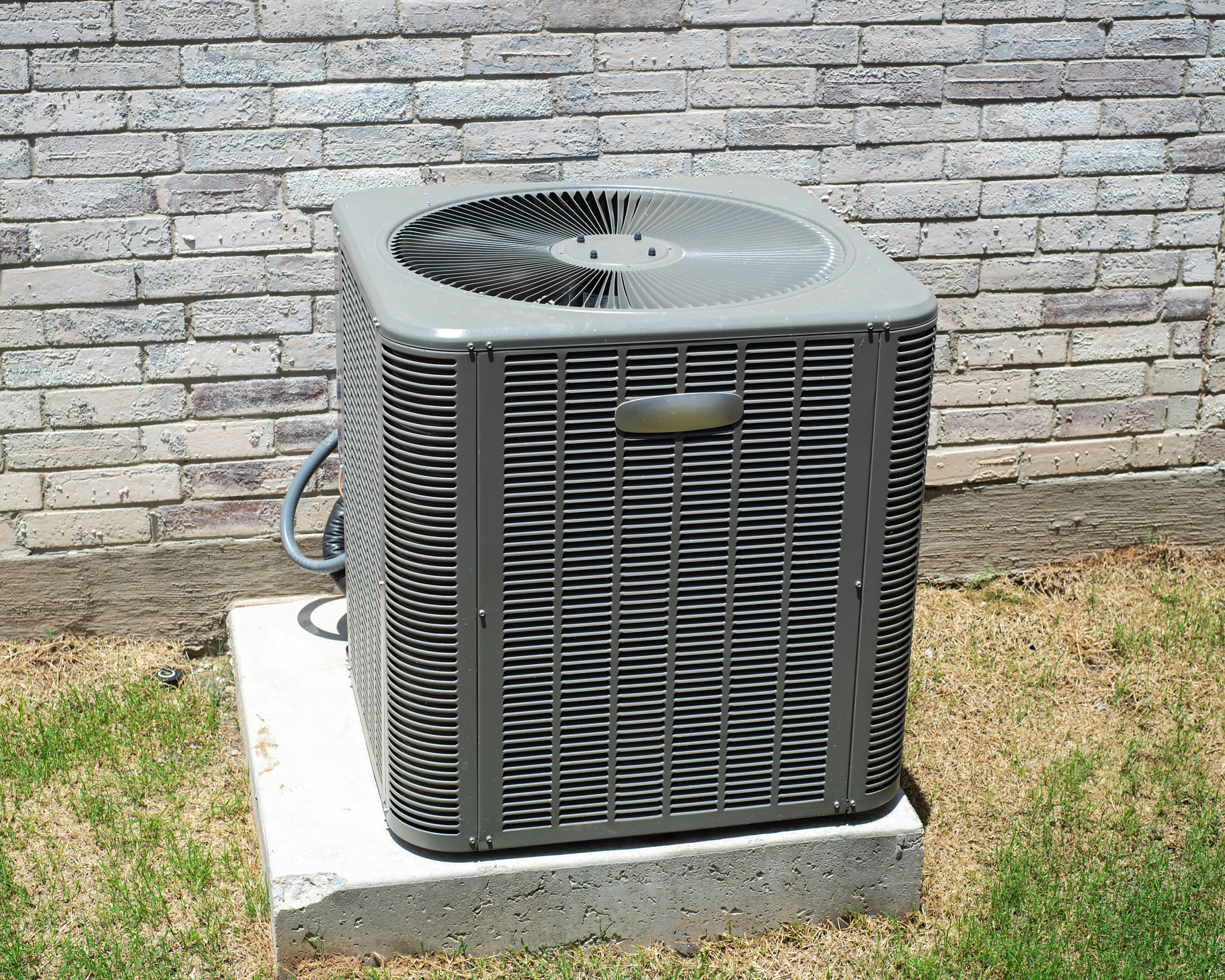Common Signs of an Inefficient AC Unit and How to Address Them
Recognizing the Symptoms of an Inefficient AC Unit
As temperatures rise, your air conditioning unit becomes an essential part of maintaining comfort in your home. However, if your AC is not working efficiently, it can lead to higher energy bills and discomfort. Understanding the common signs of an inefficient AC unit can help you address issues promptly and ensure your home stays cool all season long.

Insufficient Cooling
One of the most obvious signs of an inefficient AC unit is inadequate cooling. If you notice that your home isn’t reaching the desired temperature or certain rooms are warmer than others, your AC may not be functioning properly. This can be due to several reasons, including a dirty air filter or an issue with the thermostat.
To address this problem, first check and replace your air filter if needed. A clogged filter can restrict airflow and reduce cooling efficiency. Additionally, make sure your thermostat settings are accurate and functioning correctly.
Unusual Noises
If your AC unit is making strange noises such as grinding, squealing, or banging, it’s a sign that something is wrong. These noises could indicate issues like loose parts, a failing motor, or debris within the unit. Ignoring these sounds can lead to more severe damage over time.
To resolve this issue, contact a professional HVAC technician to inspect your unit. They can identify the source of the noise and perform necessary repairs or replacements to restore proper function.

High Energy Bills
An unexpected spike in your energy bills is another indicator of an inefficient air conditioning unit. If your AC is working harder than it should to maintain a comfortable temperature, it will consume more energy, leading to increased costs.
Regular maintenance is key to preventing this issue. Schedule routine check-ups with an HVAC professional to ensure your unit is running efficiently. Additionally, consider investing in a programmable thermostat to optimize energy usage.
Frequent Cycling
AC units that frequently turn on and off may be experiencing issues with short cycling. This can occur when the system is oversized for the space or if there are problems with the thermostat or wiring. Frequent cycling not only wastes energy but also puts extra strain on the system.

Address short cycling by consulting with an HVAC expert. They can determine if your system is appropriately sized for your home and make adjustments as needed. Additionally, they can inspect and repair any faulty wiring or thermostat issues.
Excessive Humidity
Your AC should not only cool your home but also help control humidity levels. If you notice excessive moisture in the air, it could mean that your AC unit is not functioning efficiently. High humidity can lead to discomfort and even mold growth.
To tackle this problem, ensure that your AC system is properly sized and maintained. Dehumidifiers can also be used in conjunction with your AC to manage humidity levels effectively.
Take Action for Optimal Performance
By recognizing these common signs of an inefficient air conditioning unit and addressing them promptly, you can ensure your home remains comfortable while avoiding costly repairs. Regular maintenance, timely repairs, and professional inspections are crucial to keeping your AC unit in top condition.